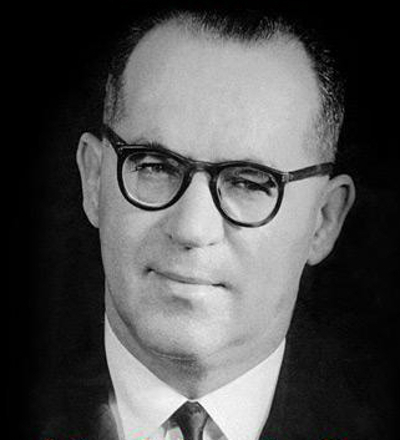For now we'll talk a little more about word pictures. Therefore, why not contemplate some fragments of a well-known poem by Mário Quintana, described below?
the poems
The poems are birds that arrive
no one knows where and land
in the book you read.
[...]
Mario Quintana
The question arises: what relationship exists between birds and poems? It is precisely in the attempt to clarify this issue that the reason for the existence of word pictures is found. Yes, because they represent the stylistic resources used by the issuer, which consist in the use of a different term from the one used as conventional (materialized by a kind of substitution), in order to give greater expression to the message by it pictured. Thus, it remains for us to conclude that the birds, armed with all their freedom to reach great heights, going a little further in addition, they resemble the imaginative capacity, the creative power of the poet himself in face of the work he does with the language.
Therefore, let us start to establish familiarity with the main cases that make up the so-called word pictures or semantic pictures, subdivided as follows:
Metaphor
In order to better understand the characteristics inherent to this figure, let us observe the words of Mattoso Câmara, expressed as follows:
“There is, apparently, no real relationship between the two words, that is, it is not based on an objective relationship, but on an entirely subjective relationship [...]”.
The aforementioned author only confirms what we said before, that is, the metaphor is defined by the use of one word for another, because there is a certain similarity between them (even though it is not real). Thus, we can perfectly use Quintana's words to exemplify it, that is:
“The poems are birds that arrive”...
Comparation
We can say that comparison is only distinguished from metaphor by the fact that in it there are explicit comparative connectives, portrayed by "just as, as such, as, like, done", as well as by some verbs, as is the case of "appear, resemble", between others. Let's see:
"Hair as dark as a raven's wing." (José de Alencar)
Metonymy
Figure that is characterized by the substitution of one word for another, because there is some degree of similarity between them, closeness of meaning or mutual implication. Thus, such replacement is based on an objective relationship, which may manifest itself in different ways, including:
a) the cause for the effect:
We live on our work. (from the work product, referring to the food)
b) the effect for the cause:
The poet drank death. (referring to the poison)
c) the instrument by the person using it:
Do not stop now... There's more after the advertising ;)
That boy is a good fork (glutton, glutton)
d) the author for the work:
My passion is to read Castro Alves. (the work of Castro Alves)
e) the continent by content:
We had two glasses of juice. (the contents contained in the container)
f) the concrete through the abstract:
The truth will always win. (those who tell the truth)
g) the inventor for the invention:
Einstein made the theory of relativity possible. (Einstein's invention)
h) the part by the whole:
The tram passes by full of legs...(Drummond)
i) the brand for the product:
We only drink Bohemia (the Bohemia brand beer)
j) singular by plural:
Women's rights must be respected. (the rights of all women)
l) the material by the object
The ringing of bronzes announces the procession. (the bells)
m) the proper name by the common name (the individual by the species):
He revealed himself as a Judas. (traitor)
catachresis
It is a figure that by virtue of its continuum has become crystallized, thus losing its stylistic character. It is as Othon M claims. Garcia "It's a kind of worn-out metaphor, in which there is no longer any trace of innovation, of individual and picturesque creation. Thus, we affirm that the use of catachresis is due to the lack of a specific term to designate a concept, borrowing another one". To illustrate, here are some fragments of the poem by José Paulo Paes:
Useless
“Nobody scratches the back of the chair.
Nobody sucks their shirt sleeve.
The piano never leaves the tail.
It has a handle, but it doesn't fly, the cup.
What good is the foot of the table if you don't walk?
And the bottom of his pants, if he never speaks?
The button is not always in your house.
The garlic clove doesn't bite into anything.
Ah! If they trotted the engine horses...
Ah! If it was a circus car jack...
So the apple of the eye would eat
Even sports cake and revolver bullets”.
Synesthesia
It is characterized by mixing in the same expression the sensations perceived by the different sense organs. For example, let us observe some fragments extracted from a Symbolist creation:
crystals
[...]
Like a perfume she perfumed everything.
It was a sound like light, it was spins
In a languid spiral that illuminated,
White cascading sounds...
So much harmony melancholy.
[...] (our italics)
Cruz e Souza
Antonomasia
It is defined by the expression that designates a being through a quality or attribute, and even through a fact that made him famous. So, let's see some cases:
The soccer king. (Skin)
The Master of Masters (Jesus)
The Poet of the Village (Noel Rosa)
By Vânia Duarte
Graduated in Letters



